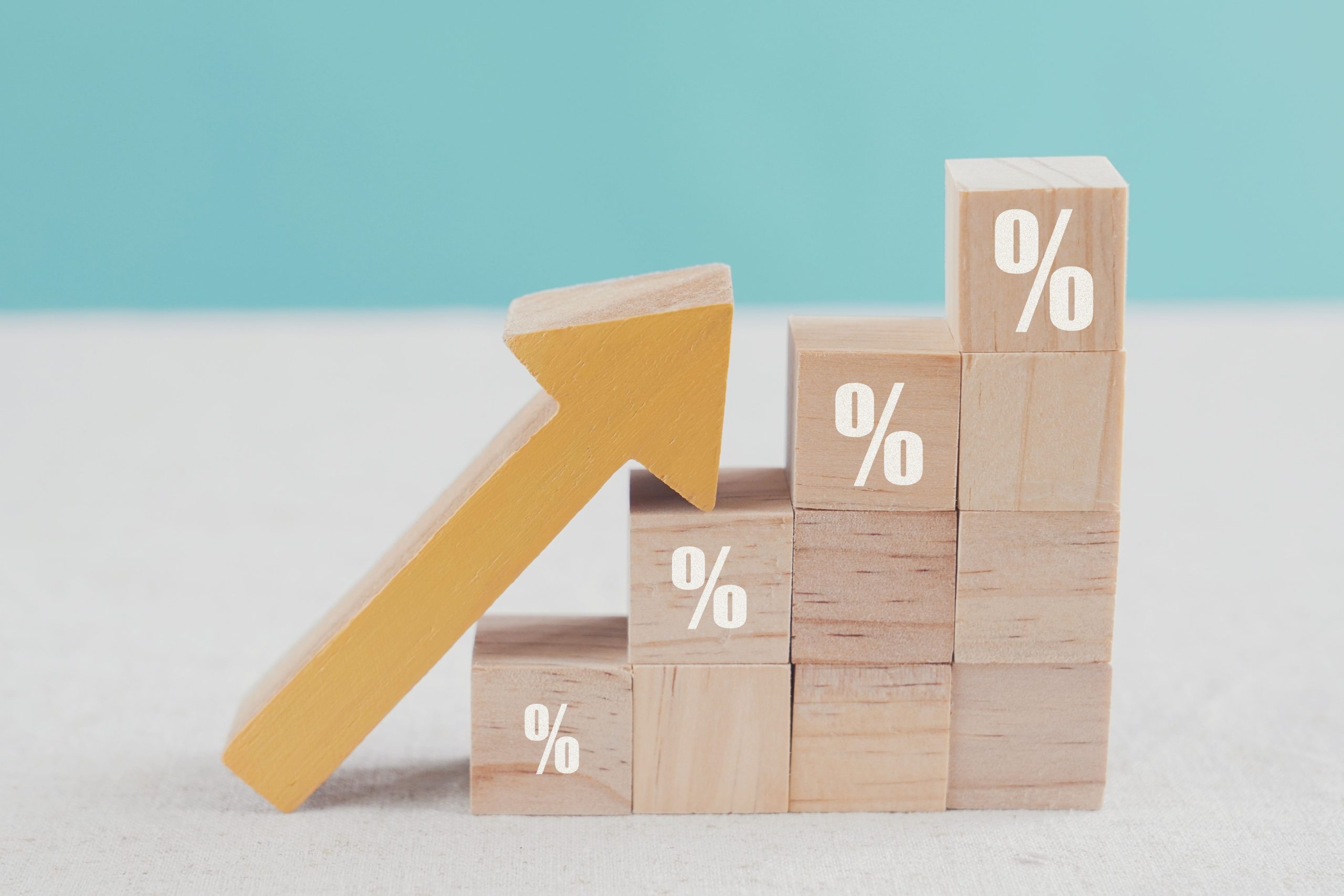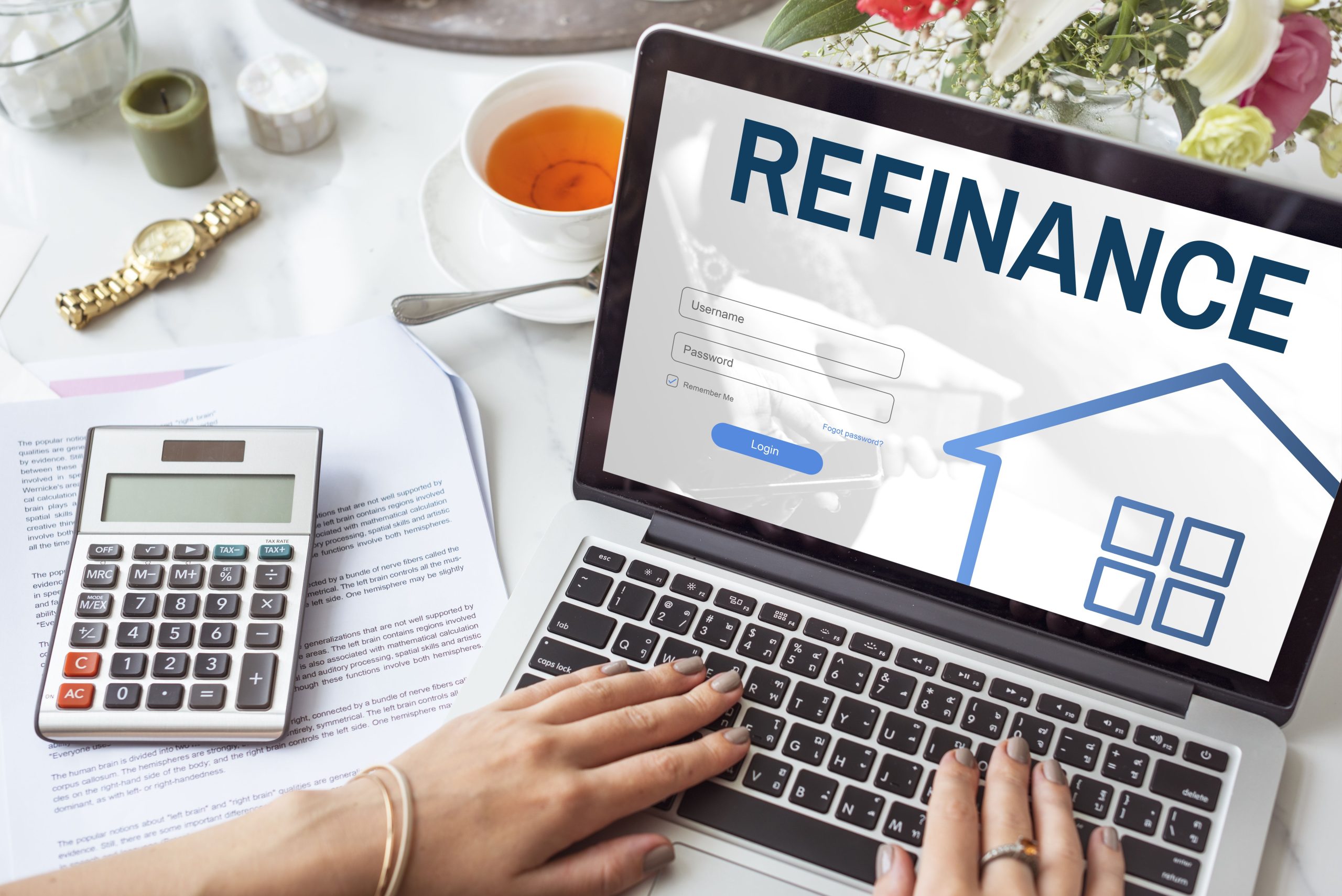At Reliant Mortgage, we understand that loan officers are the backbone of the mortgage industry…
3 Best Practices on When to Refinance
Planning to refinance your mortgage? Well, not a bad idea, especially when the mortgage rates are low (Best Mortgage Lenders/broker Houston). Deciding the time to refinance your property is based on a few factors aside from a better mortgage rate availability. Though there are many reasons behind refinancing a home, it is first and foremost a powerful financial tool to use for a primary residence or investment property. For example, applying the savings from a refinance to other payments or expenses that you have can help you keep more money in your pocket each month. Additionally, you can cash out money from a refinance and apply that to home renovations, such as updating the bathrooms or revamping your kitchen. Moreover, when the rates are low, refinancing becomes a popular choice. However, when to refinance? And would it make sense for you? Explore the 3 best practices on when to refinance and maximize your refinance goals.
- Evaluate the Existing Loan

Start with assessing your existing loan and determine the pros and cons. If you are worried about your current lender’s ability to manage your planned changes, revisit the potential financial shifts you intend to make and evaluate what can be optimized for your financial move. To ease this practice, here we present some important questions to consider: – Best Mortgage Lenders/broker Houston
- What is the primary goal of your refinance?
- Does the time of the refinance matter?
- Would it make sense to shuffle other items around first in your personal life or financial life before refinancing?
2. Review Your Timeline

Timing is everything. Especially if you are in a time crunch! Mapping out exactly when and why you need plan to refinance can help determine the ‘ideal’ time to do so. Do your best to outline any events or financial endeavors that are coming up after the refinance. Does it still make sense to refinance with those events in the near future? Always consider what future effects a refinance can have on things coming up. If you do a cash out refinance on an existing house, then you are adding additional debt to your name. Does that affect anything coming up? Talking to lenders and financial advisors can give you a better idea as to what a refinance fully entails and what is can affect.
3. Cost-benefit Analysis

This is the most important practice to weigh the positive and negative points of a refinance deal. Cost-benefit analysis lets you determine expected gains and/or losses from a refinance. Ask yourself, if you do refinance and will now save more money each month, what will you do with that money. Refinances allow you to reshuffle your monthly budget! It’s like moving chess pieces around, and you have the only queen left. Cons, of course, could be things like higher interest rates or a higher monthly payment. In those instances, you need to weigh if it is worth refinancing or staying put.
Lastly, but importantly, it is smart to consult with a reliable financial advisor for your debt refinancing. They are the experts and will help to avoid any kinks that can arise throughout the process.
In general, deciding on when to refinance is not usually cut and dry. There are many factors to consider, and those factors (i.e. interest rates) can change over time. Make sure to revaluate your decision and all the factors at hand if you decide to refinance later on.
Alex Capozzolo is the owner of the Brotherly Love Real Estate blog and a content writer for the real estate industry. We buy houses in Philadelphia, PA. Our focus is on helping people through one of the most important investment decisions of their lifetime by seamlessly providing fast, honest and professional real estate services.




